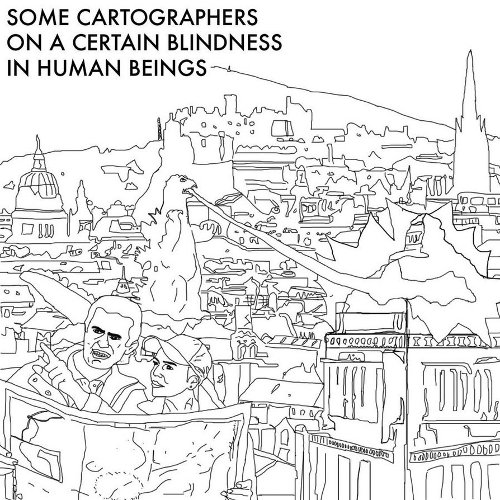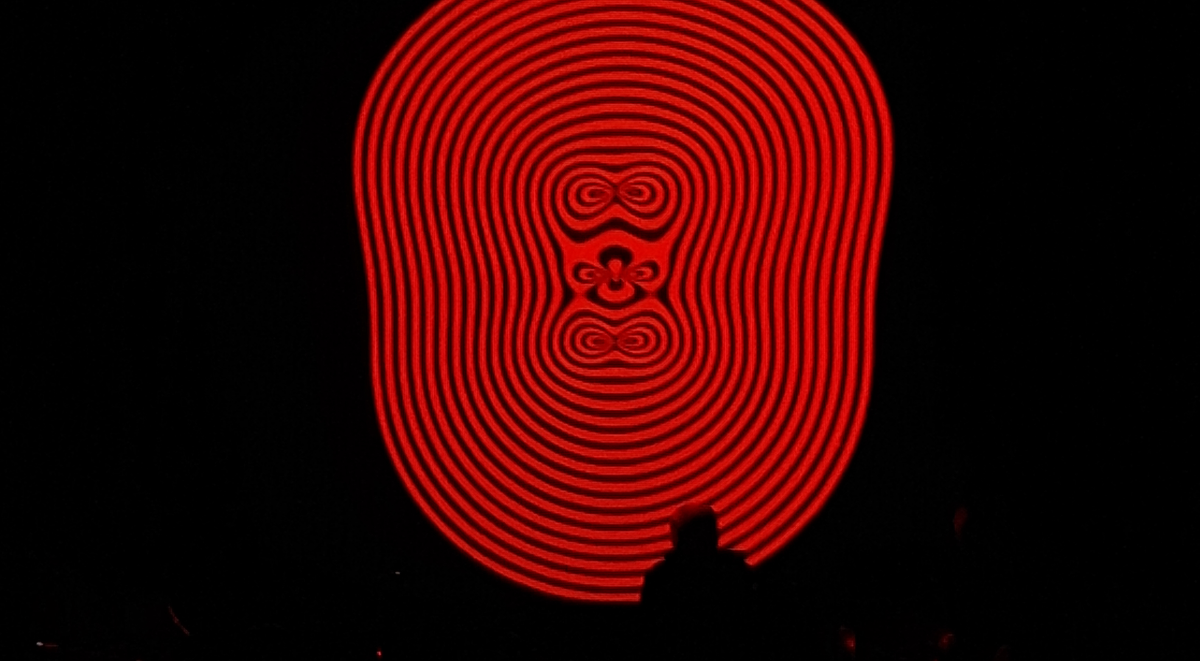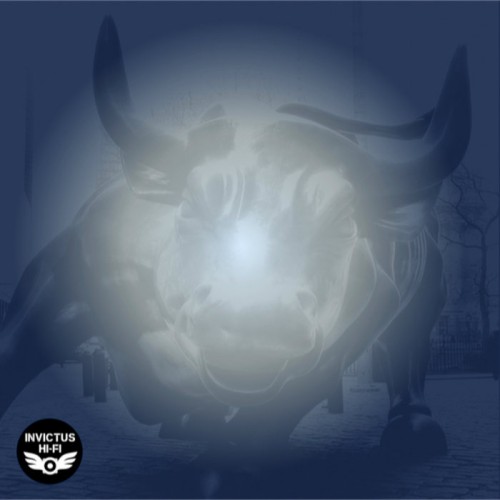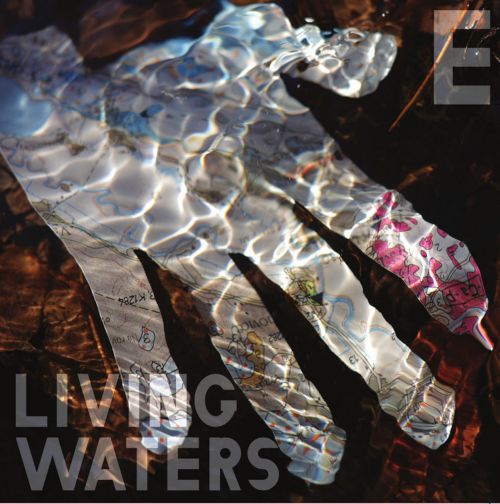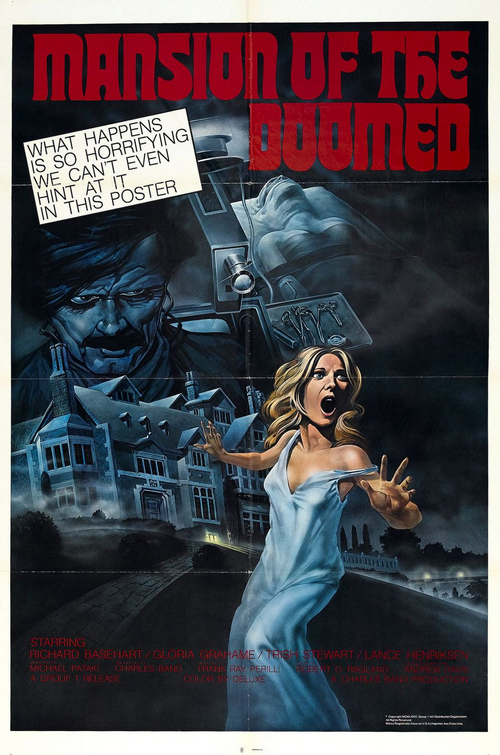 It needs remembering when thinking about mainstream American cinema of the seventies that it wasn’t all ‘New Hollywood’. For every Elaine May or Peter Bogdanovich there was infinitely more film-makers turning out turgid nonsense at the rate of any other era.
It needs remembering when thinking about mainstream American cinema of the seventies that it wasn’t all ‘New Hollywood’. For every Elaine May or Peter Bogdanovich there was infinitely more film-makers turning out turgid nonsense at the rate of any other era.
But what these bright young directors did lead to was a further interest in the films that inspired them, largely the various European new waves of the late fifties and sixties. It seems to be the origin of this film, which liberally lifts from Georges Franju’s 1960 masterpiece Eyes Without A Face. Make no bones about it, it isn’t a nod, or an homage, it is a straight-up pinch of the whole plot. Well, it is not quite Eyes Without A Face; but it is Face Without The Eyes.
Following a devastating car accident in which Nancy (Trish Stewart) is blinded, her father, noted surgeon Leonard (Richard Basehart), and his assistant Katherine (Gloria Grahame, yes, THEE Gloria Grahame) set about experimental procedures to try and restore her sight. This, funnily enough, quickly turns to kidnapping strangers and harvesting their eyes.It’s a truly nasty piece of work, trading Franju’s elegance and dreamlike imagery for raw, sweaty claustrophobia. It has little to no interest in scares, just a queasily unpleasant atmosphere, frightful rather than frightening; but it does do it rather well. There’s a lurid quality to near every frame, be it the cramped basements full of wailing victims, or the suburban neighbourhoods, rendered in TV soap soft focus to give an uncanny feeling to the outside world. Basehart is a joy as the ripe as anything surgeon, channelling a touch of Dr Phibes if he took up a new life as a suave cat burglar, and his camp theatricality affords the film a bit of levity to stop it suffocating under its own oppressive grimness.
But the sneaky joy of this disc is the half-hour documentary on the film’s producer Charles Band and his career that the film started (sort of; he produced a low-budget Last Tango In Paris parody before this that he’s enjoyably sniffy about). He’s had a career akin to a VHS-era Roger Corman, running various production studios in his time, most notably his Full Moon Features. The Corman comparison falls down though due to his infinitely lower hit rate, his most known work being The Puppet Master films, the rest largely left to the horror die-hards. The brief documentary allows him to tell his own story, boasts and arrogances intact and is thoroughly entertaining in the process.Mansion Of The Doomed’s by no means a fantastic film, but it points to an interesting moment in B-Movie history, and is an intriguing outlier in pointing towards the grisly as the defining currency of horror for the coming decades.
-Joe Creely-
